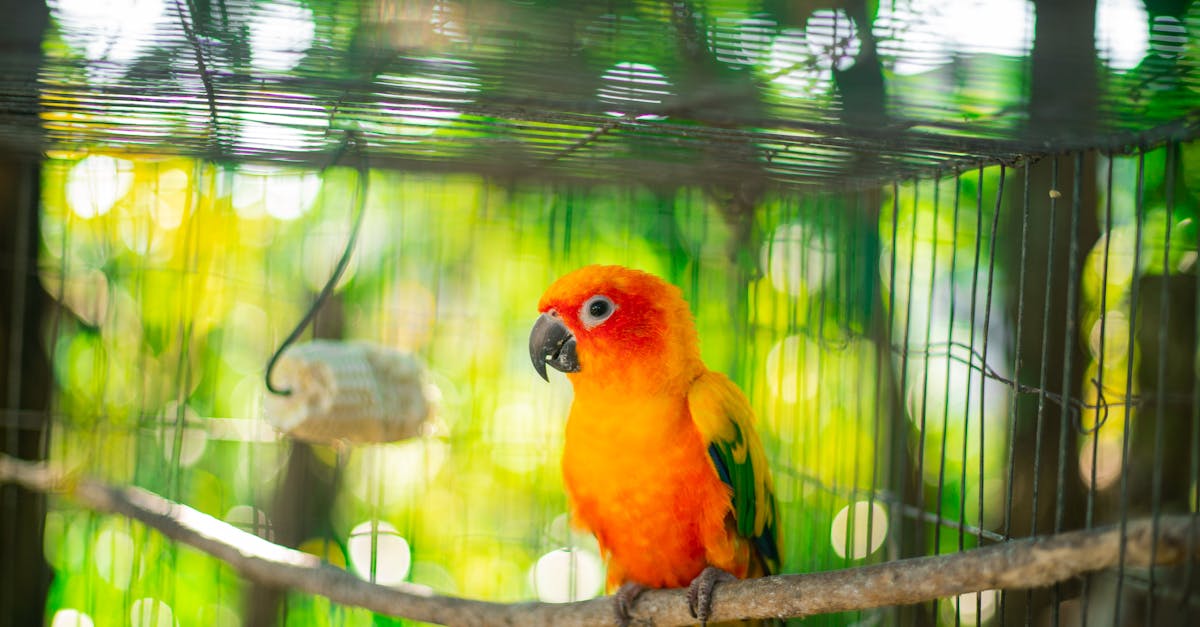Your kitten’s big, curious eyes are one of their most endearing features, but they’re also quite delicate. Eye infections are common in young cats, and as a pet owner, it can be concerning to notice redness, discharge, or squinting. The good news is that many kitten eye infections are treatable, especially when caught early. In this blog, we’ll explore the signs to watch for, possible causes, home care tips, and when to seek veterinary help.
⚠️ What to Watch For
Knowing the signs of an eye infection in kittens is key to acting quickly and effectively. While some symptoms may be mild, others could indicate a more serious issue requiring veterinary attention.
Here are the most common signs of an eye infection in kittens:
- Red or swollen eyes
- Excessive tearing or watery eyes
- Thick, yellow, or green discharge
- Crusty buildup around the eyes
- Squinting or keeping one eye closed
- Frequent pawing or rubbing at the eyes
- Cloudy or dull appearance in the eye
- Changes in behavior such as lethargy or decreased appetite
If you notice one or more of these symptoms, it’s important to monitor your kitten closely and take appropriate steps to address the issue.
🔍 Possible Causes
Kitten eye infections can be caused by a variety of factors. Some are infectious, while others may be due to irritants or underlying health conditions. Here are the most common culprits:
- Viral infections: Feline herpesvirus and calicivirus are common in kittens and can lead to eye infections.
- Bacterial infections: Secondary bacterial infections often occur alongside viral illnesses or due to poor hygiene.
- Conjunctivitis (pink eye): Inflammation of the eye’s lining, which can be infectious or caused by allergies or irritants.
- Foreign objects: Dust, debris, or small particles can irritate the eye and lead to infection.
- Injury or trauma: Scratches or wounds around the eye can easily become infected.
- Allergies: Environmental allergens like pollen or dust can cause eye irritation and discharge.
- Feline upper respiratory infections: Kittens with a cold often develop eye issues as part of their symptoms.
Identifying the cause of your kitten’s eye infection is crucial for determining the right treatment. A veterinarian can perform an exam to pinpoint the underlying issue.
✅ What You Can Do at Home
If your kitten has mild eye symptoms, you may be able to provide some initial care at home. Here are a few steps to help soothe their discomfort and prevent the infection from worsening:
- Keep the eyes clean: Gently wipe away discharge with a clean, damp cotton ball or soft cloth. Use warm water and avoid harsh chemicals.
- Provide a clean environment: Ensure your kitten’s bedding and living area are clean and free of dust or irritants.
- Monitor symptoms: Keep an eye on your kitten’s condition. If symptoms worsen or don’t improve within 24–48 hours, consult a vet.
- Protect the eyes: If your kitten is pawing at their eyes, consider using an Elizabethan collar (e-collar) to prevent further irritation or injury.
While home care can help in some cases, it’s important to recognize when professional treatment is needed.
💡 When to Call a Vet
Some eye infections require prescription medication or more advanced care. Call your veterinarian if you notice any of the following:
- Severe redness, swelling, or pain
- Thick yellow or green discharge
- Cloudy or visibly damaged eyes
- Symptoms lasting more than 48 hours
- Changes in your kitten’s overall health, such as fever, lethargy, or loss of appetite
Eye infections can worsen quickly if left untreated, so don’t hesitate to seek professional advice. A veterinarian may prescribe antibiotic ointments, eye drops, or oral medications depending on the cause of the infection.
FAQs
Q: Can I use over-the-counter eye drops for my kitten?
A: No, human eye drops can be harmful to kittens. Always consult your veterinarian before using any medication on your pet.
Q: What if my kitten’s eye infection keeps coming back?
A: Recurring infections could indicate an underlying issue such as feline herpesvirus. A vet can help identify the cause and recommend long-term management strategies.
Book a $49 online vet consultation at https://www.dialavet.com for fast, expert advice.























